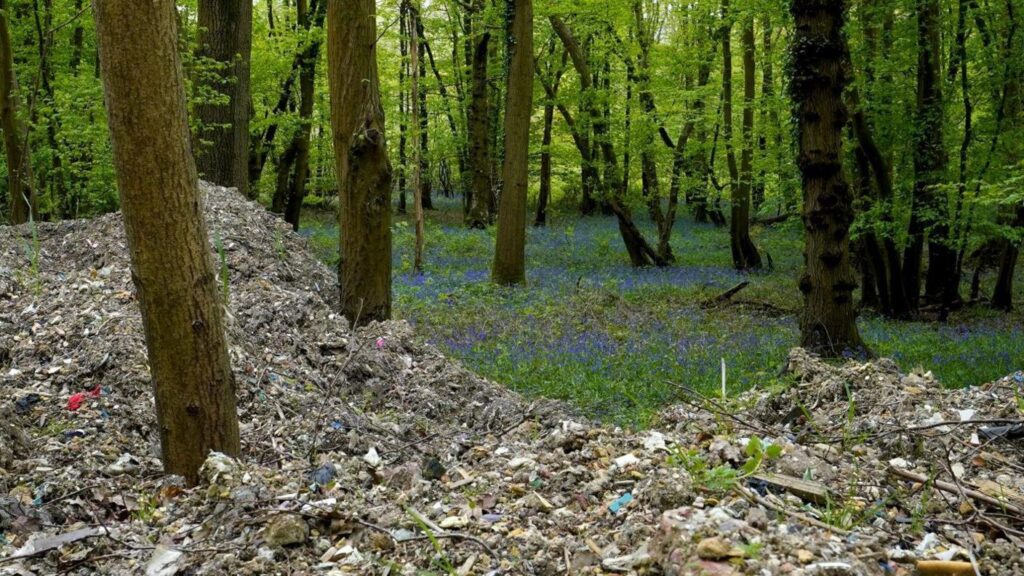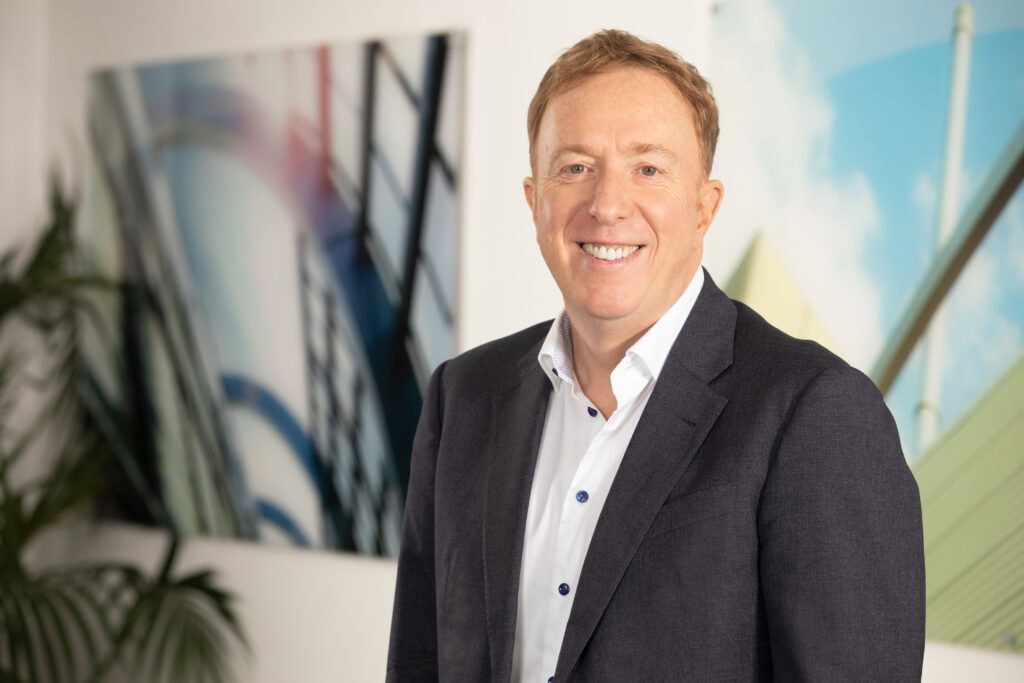LondonWaste has unveiled its plans for a recycling “Eco Park” which will include the UK's largest materials recycling facility (MRF) as well as bulking facilities, public and commercial recycling, composting and an education centre. The complex will be built in North London alongside London Waste's Edmonton energy from waste plant.
LondonWaste is a 50/50 partnership between the North London Waste Authority (NLWA) and SITA.
LondonWaste provides waste disposal services for NLWA covering the boroughs of Barnet, Camden, Enfield, Hackney, Haringey, Islington and Waltham Forest.
The recycling complex will be based around a state-of-the-art glass-fronted MRF which will initially have a capacity of 57,000 tonnes a year. But LondonWaste plans to increase this to 72,000 tonnes by 2005/06, making it the largest materials recycling facility for municipal waste in the UK. The revolutionary design includes a gantry which will enable visitors to see how the materials are separated for recycling without disrupting the sorting process.
London Waste hopes that the development will become the capital's “premier integrated waste management facility”. Paul Egan of London Waste, said: “We're really excited about this, we're offering the sorts of facilities which are needed in London and this is also a major step for LondonWaste as it moves towards offering integrated solutions to its customers.”
Super
Mr Egan explained that LondonWaste wants to “get moving” on the project as soon as possible. And he explained that the “super” MRF will be built on LondonWaste's 43-acre Edmonton site which is well located next to the north circular road, has canal access for transporting waste by water and is away from residential areas.
LondonWaste is currently in discussion with the NLWA and its constituent boroughs as the capacity required for the MRF will depend upon the take-up by boroughs. Capacity at the MRF will be expanded in line with the growth in recyclables collected by contracted boroughs. The facility will be able to take waste from councils operating a co-mingled scheme or a kerbside segregates scheme for some recyclables.
By using infra red sensors, the MRF will be able to sort paper, board, plastics and textiles and magnets and electrical circuits will extract the ferrous and non-ferrous metals. Glass and organics will be collected separately and delivered directly to the bulking and composting facilities to reduce the risk of contamination. The bulking facilities will have a capacity of 120,000 tonnes the composting facility a capacity of 15,000 tonnes.
A commercial recycling facility has also been planned and will have an initial capacity of 25,000 tonnes a year with provision for expansion. Commercial waste will be processed through a trommel where the recyclable material will be separated. Soil, hardcore, wood, plastics, paper, card, green waste and scrap metal, glass and textiles will be separated for recycling.







Subscribe for free